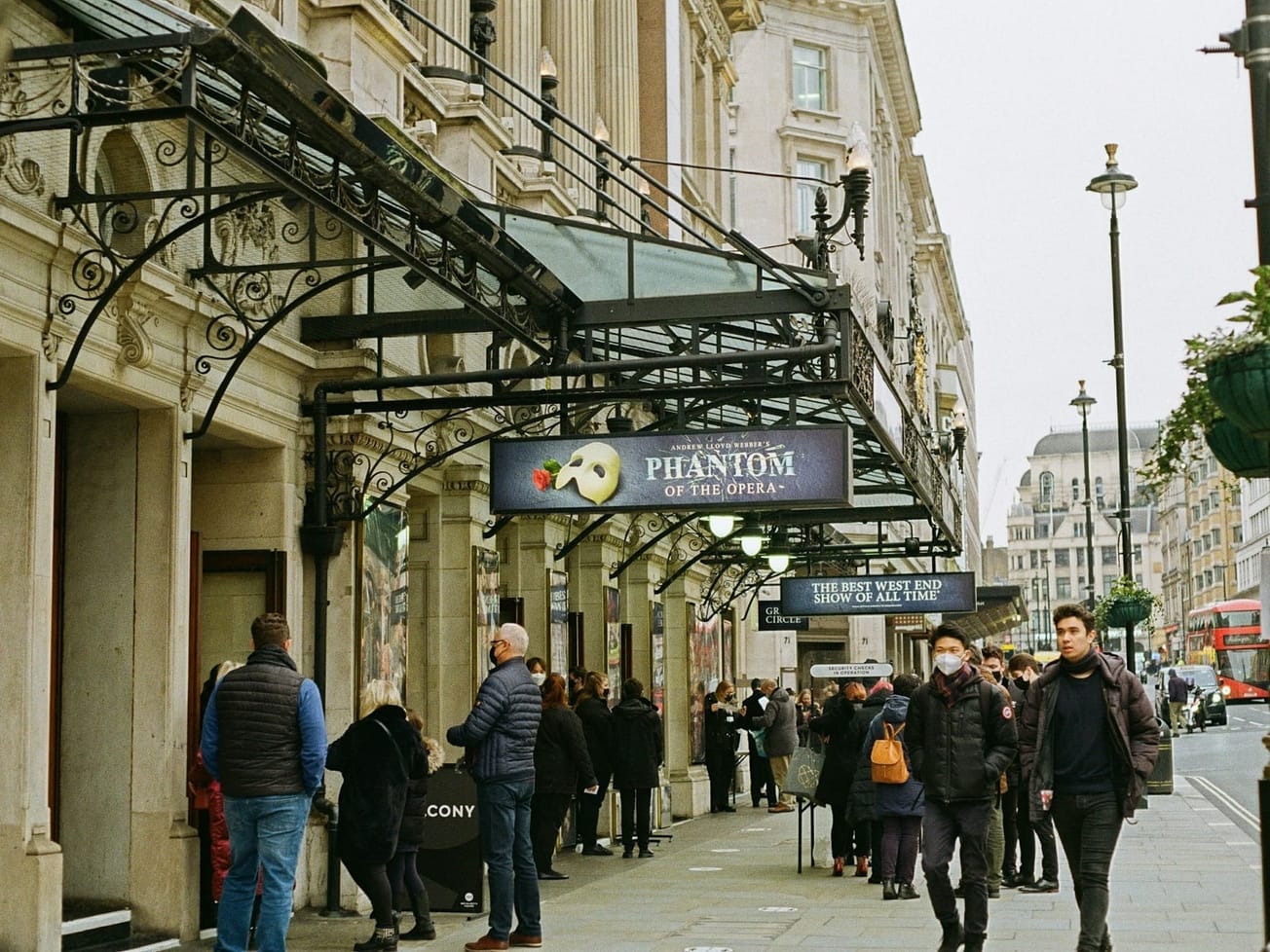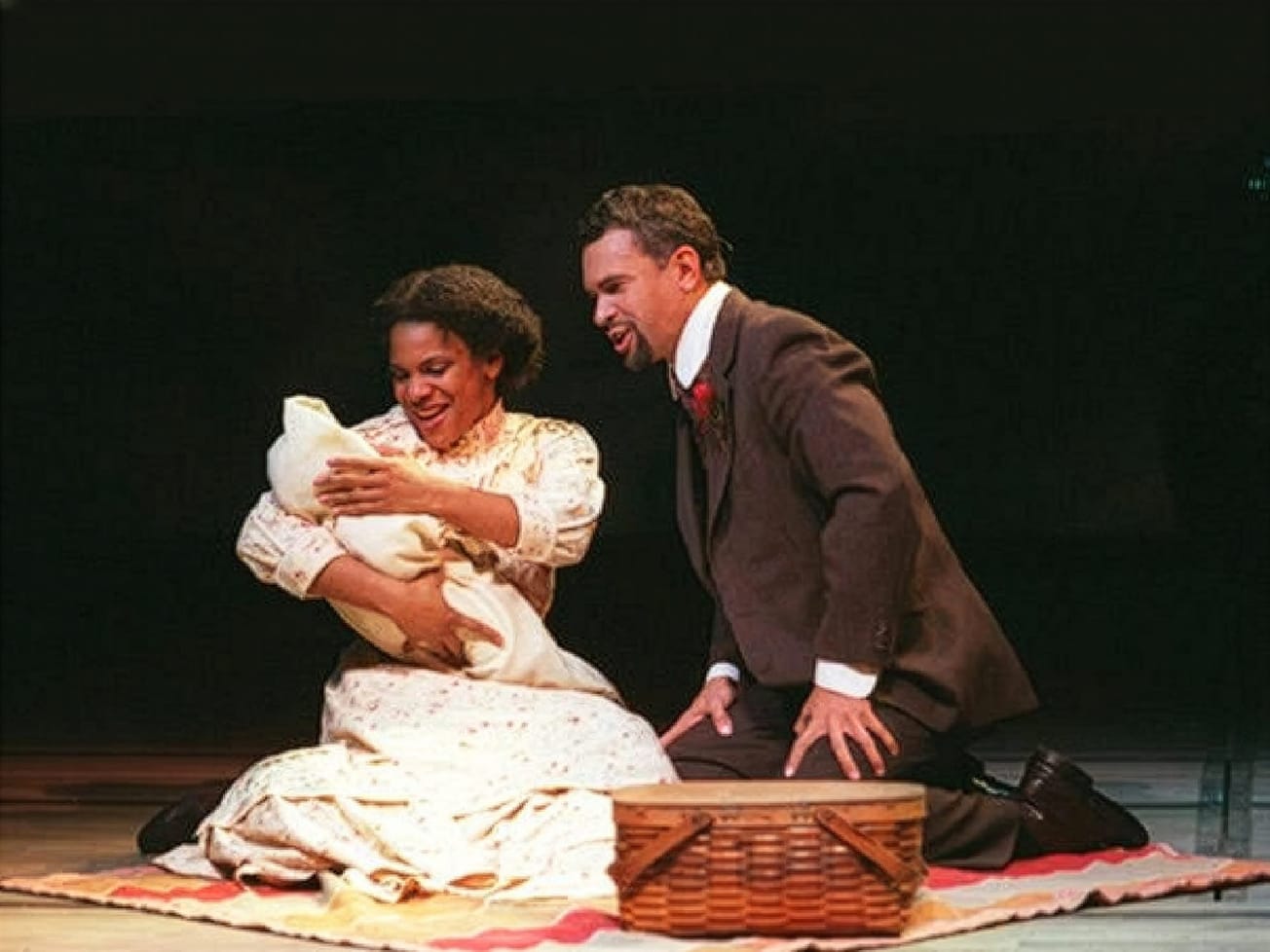London Theatre Direct, a ticketing platform that services U.K. theater productions in London’s West End and beyond, has revealed findings from a new study. Titled “The Emotional Impact of Live Theatre,” the study examines the role theater plays in emotional well-being and its broader impact on joyful connection.
The study, which was conducted in partnership with social media platform Joyfulness Approved, aggregates responses from 4,375 individuals, broken down as 1,043 U.K. adults (indicated here as “general public”) surveyed from the internet research firm YouGov, and an additional group of 3,332 adults who attend theater frequently. The frequent theatergoers were polled via an internal survey conducted by London Theatre Direct Responses which were further broken down by age, gender identification and household income.
For additional context, while this survey was conducted with respondents from the U.K., all mentions of “attending theater” are not specific to West End productions or even productions in London; theatergoing is used in a general sense.
Theater is part of a joyful night out
According to the study, 26% of the general public (adults who were not specified as frequent theater attendees) indicated that a “joyful night out” included attending theater. While this was larger than percentages of an evening that included going to the cinema (21.9%) or a sporting event (10.7%), attending theater was ranked less than going out to a pub/bar (30%), staying in with friends (38.1%) or dining out (61.9%), the latter of which had the highest ranking. This section allowed respondents to select multiple responses.
Of the respondents who indicated theater as part of a joyful night out, 60% said it was the show/performance itself that brought joy, while 43% said it was the energy of live performance.
Broken down by gender, 35.4% of female, general public respondents chose attending theater as a joyful night out, nearly twice as many as male respondents (18.8%).
Emotional response post-theater
In terms of how one feels after attending a theater performance, individuals who attend theater often were nearly twice as likely (72.2%) to feel joyful compared to the general public (38.3%). Moreover, 79.4% of regular theatergoers felt uplifted, as opposed to 50.6% of the general public.
Longlasting impact of theater-induced joy
Nearly half of respondents who attend theater regularly noted they continue to feel uplifted or inspired following a performance for at least several days (40.9% said the feeling lasts several days, while 7.7% said the feeling lasts for over a week).
Connecting to content
The study also touched on how specific content resonated among frequent theatergoers. 73.7% of regular theatergoers said uplifting or feel-good musicals proved emotionally helpful or meaningful while comedies were helpful 55.5% of the time in allowing an individual to “switch off” or escape. More serious themes also resonated: 38.2% of respondents connected with stories about grief and loss, 35% of respondents connected with themes of identity or belonging and 32.6% of respondents connected with stories about mental health or emotional well-being.
Theater as a disconnect from technology
The findings suggest that many theater attendees use live performance as an escape from too much time spent staring at or scrolling a screen. Nearly a quarter of frequent theatergoing respondents ages 25 to 39 (24.3%) said they felt overwhelmed or mentally drained after screen time; 76.5% of the same age demographic indicated they value theater as a break from technology, the most of any age group. Gender-wise, 65.5% of female respondents and 67.3% of male respondents said they view a live theater performance as a break from technology, while 45.5% of respondents felt the same.
“These findings confirm what we hear anecdotally every day — that theater gives people more than entertainment,” said London Theatre District CEO Johan Oosterveld in a statement. “It offers a space to switch off, reset emotionally and come away feeling clearer and more connected to yourself.”
The complete findings of London Theatre District’s study can be found here.


























































